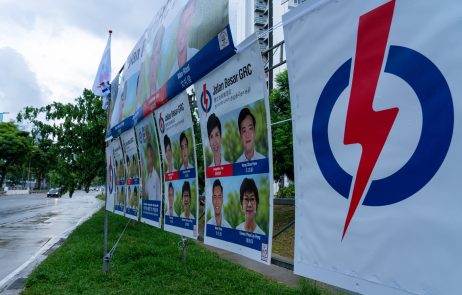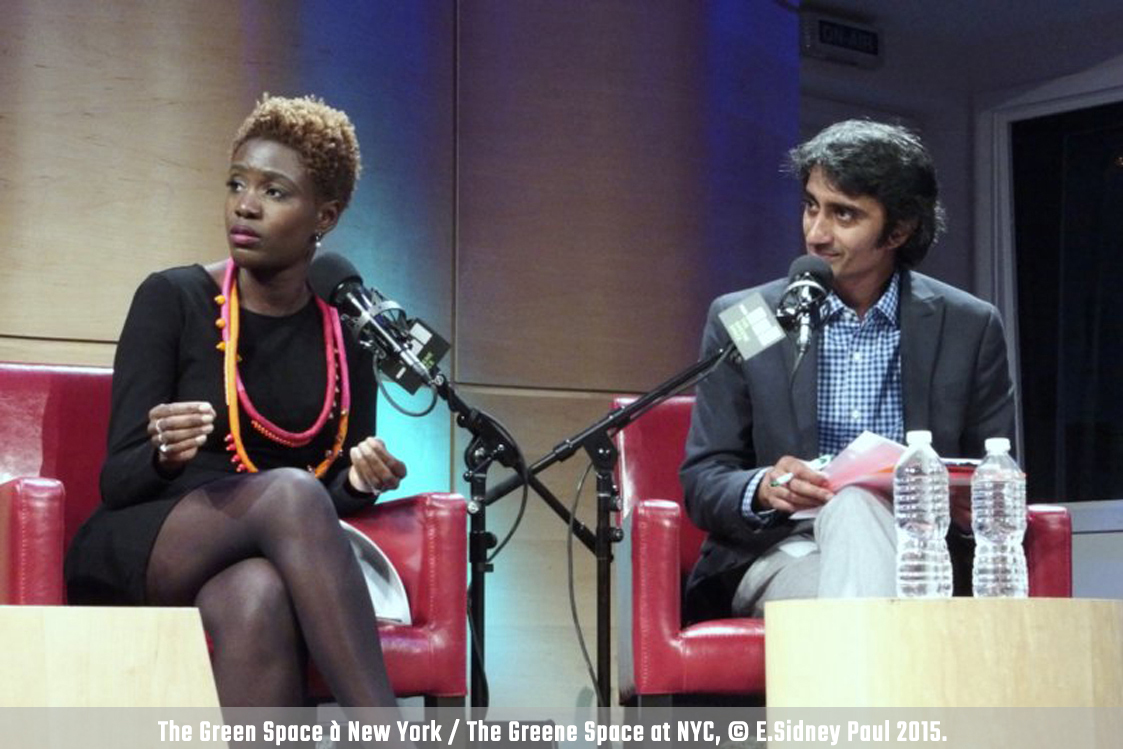Will Singapore Voters Break The PAP's Monopoly?

Table of Contents
The PAP's Long Reign and its Challenges
The PAP's history is intrinsically linked to Singapore's remarkable economic development and transformation from a small island nation to a global hub. Since independence, the party has consistently won general elections, often with overwhelming majorities. This dominance has been attributed to factors such as effective governance, economic progress, and a strong emphasis on national unity and stability.
However, the PAP's reign is now facing unprecedented challenges:
-
Rising cost of living and housing affordability concerns: Soaring housing prices and the increasing cost of living are major concerns for many Singaporeans, particularly younger generations. This is impacting voter sentiment and leading to calls for more affordable housing solutions and robust social safety nets.
-
Growing inequality and social stratification: Despite Singapore's economic success, income inequality remains a significant issue. The widening gap between the rich and the poor fuels social unrest and raises questions about the fairness and inclusivity of the current economic model.
-
Concerns about press freedom and political dissent: Criticisms persist regarding limitations on press freedom and the suppression of political dissent. These concerns affect public trust and raise questions about the transparency and accountability of the government.
-
Shifting demographics and evolving voter expectations: Singapore's population is becoming increasingly diverse and younger generations hold different political priorities compared to their predecessors. This shift demands a more nuanced approach to governance and policy-making.
To maintain its power base, the PAP employs strategies such as extensive social programs, emphasizing national security and stability, and leveraging its established infrastructure and reputation for effective governance. However, these traditional strategies may no longer be enough to address the evolving concerns of the electorate.
The Rise of the Opposition and its Prospects
While the PAP has historically dominated, opposition parties in Singapore are slowly gaining traction. Key players like the Workers' Party (WP) and the Singapore Democratic Party (SDP) have presented alternative platforms focused on issues like greater transparency, social justice, and electoral reforms.
-
Recent electoral performances: The WP's significant gains in the 2020 general election, securing a larger number of seats in Parliament, indicate a growing willingness among some voters to consider alternatives to the PAP.
-
Strategies for gaining traction: Opposition parties are increasingly utilizing social media to reach younger voters and bypass traditional media limitations. They are focusing on specific issues that resonate with the public, such as housing affordability and cost of living, and promoting alternative policy solutions.
-
Challenges faced by the opposition: However, the opposition continues to grapple with limited resources, restricted media access, and the inherent challenges of competing against a well-established and well-funded ruling party. Building trust and overcoming ingrained perceptions of the PAP's competence remain significant hurdles.
-
Potential for coalition-building: The possibility of opposition parties forming coalitions to present a more unified front against the PAP is a significant factor that could influence future election outcomes. Successful coalition-building could lead to a more potent challenge to the PAP's dominance.
Evolving Voter Sentiment and Demographics
The changing demographics and political landscape are profoundly impacting voter sentiment. Younger voters, particularly, are more likely to engage with political discourse online and display greater willingness to consider alternatives to the PAP.
-
Influence of social media: Social media platforms play an increasingly significant role in disseminating information and shaping public opinion. Online discourse can bypass traditional media controls and allow for a more diverse range of perspectives to reach the electorate.
-
Political priorities of younger voters: Younger voters are more focused on issues such as climate change, social justice, and economic equality, which are not always central to the PAP's agenda.
-
Emerging issues resonating with voters: Issues like healthcare affordability, environmental sustainability, and the future of work are gaining prominence and could sway voters in upcoming elections.
The Singaporean Electoral System and its Implications
Singapore's electoral system plays a crucial role in shaping election outcomes. The Group Representation Constituency (GRC) system, designed to ensure minority representation, can make it challenging for smaller opposition parties to win seats.
-
Impact of the GRC system: The GRC system often necessitates larger opposition parties to field a team of candidates, potentially hindering smaller parties' ability to gain parliamentary representation.
-
Role of Non-Constituency Members of Parliament (NCMPs): The NCMP scheme allows opposition parties that fail to secure a sufficient number of seats to gain parliamentary representation, providing a platform for dissenting voices.
-
Impact of electoral boundaries: The delineation of electoral boundaries can also significantly influence election results, potentially benefiting the incumbent party.
Conclusion
Will Singapore voters break the PAP's monopoly? The question remains complex. While the PAP's long reign has been built on economic success and stability, growing anxieties surrounding affordability, inequality, and political discourse are creating an environment ripe for change. The rise of the opposition, coupled with evolving voter sentiment and the nuances of the electoral system, suggests a potentially more competitive political landscape. The upcoming Singapore general elections will be a crucial turning point, revealing whether Singapore is ready for a shift in political power. Stay informed about the issues, engage in respectful political discourse, and make your voice heard – your participation in determining the future of Singaporean politics is crucial. Understanding the factors at play in the question, "Will Singapore voters break the PAP's monopoly?" is vital for shaping the nation's future.

Featured Posts
-
 Ryujinx Emulator Development Ceases Following Nintendo Contact
May 05, 2025
Ryujinx Emulator Development Ceases Following Nintendo Contact
May 05, 2025 -
 Ufc Des Moines Key Fights And Predictions
May 05, 2025
Ufc Des Moines Key Fights And Predictions
May 05, 2025 -
 Corinthians Analise Do Resultado Do Jogo Contra O America De Cali
May 05, 2025
Corinthians Analise Do Resultado Do Jogo Contra O America De Cali
May 05, 2025 -
 Governo Bayrou La Corsa A Destra Per Contrastare Le Pen
May 05, 2025
Governo Bayrou La Corsa A Destra Per Contrastare Le Pen
May 05, 2025 -
 Le Regard De Rokhaya Diallo Sur Mayotte Colonisation Arrogance Et Inegalites
May 05, 2025
Le Regard De Rokhaya Diallo Sur Mayotte Colonisation Arrogance Et Inegalites
May 05, 2025
